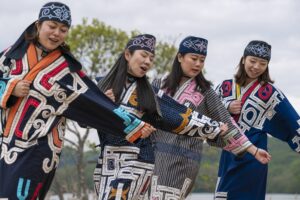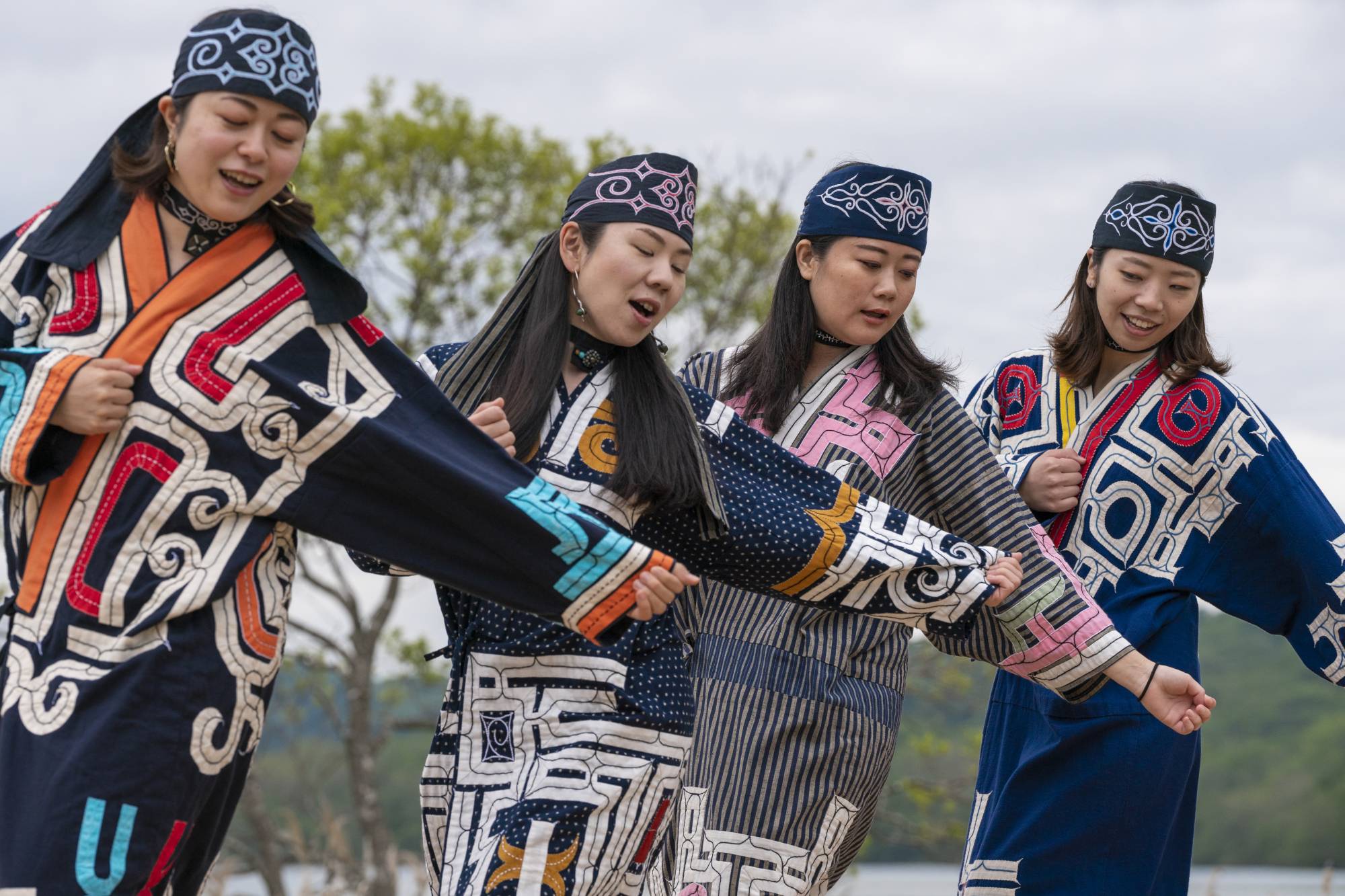 In Japan and South Korea, the preservation of endangered languages has become a priority as globalization continues to erode indigenous cultures. Japan’s Ainu language and South Korea’s Jeju language are two prominent examples facing extinction, as younger generations increasingly adopt dominant national languages.
In Japan and South Korea, the preservation of endangered languages has become a priority as globalization continues to erode indigenous cultures. Japan’s Ainu language and South Korea’s Jeju language are two prominent examples facing extinction, as younger generations increasingly adopt dominant national languages.
The Ainu, an indigenous group in Japan, have struggled with the loss of their native tongue due to forced assimilation policies in the past. Once the primary language of the Ainu people, it has almost entirely vanished from daily use, with only a few fluent speakers remaining. In response, Japan has launched several initiatives to promote Ainu culture and language. The government officially recognized the Ainu as an indigenous people in 2008, and in recent years, efforts have been made to integrate Ainu into education systems and public broadcasting. There are now classes and programs that teach Ainu, and language apps have been developed to help young people connect with their heritage.
Similarly, the Jeju language, spoken by the elderly population on South Korea’s Jeju Island, is at risk. Jeju is unique, being significantly different from standard Korean, yet fewer young people are fluent. To address this, local governments and activists have implemented preservation strategies, including language immersion schools and cultural festivals. Digital tools like podcasts and social media campaigns have also been used to raise awareness and encourage language learning.
These efforts are crucial not only to preserve linguistic diversity but also to safeguard cultural identity and heritage in a globalized world. Both the Ainu and Jeju initiatives reflect the broader need for policies and grassroots movements that support endangered languages worldwide.
For more detailed insights, you can read the full article here.

